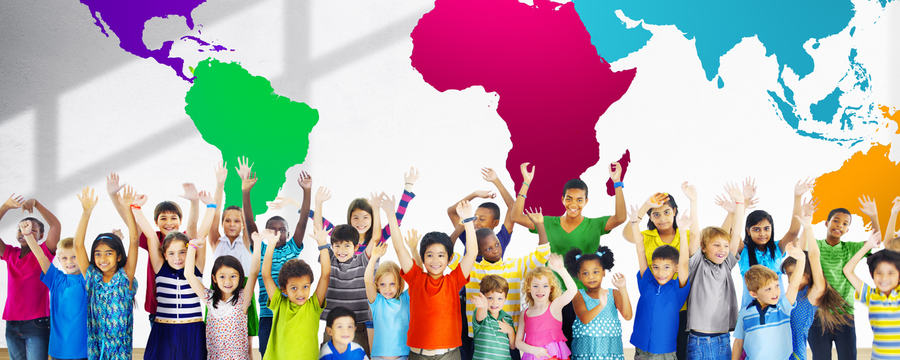Home / Psychology & Mental Health / Youth Mental Health / Getting Care Right for All Children: Implementing the UN Guidelines for the Alternative Care of Children / Families at risk of separation: policy implications (Part 1)
This article is from the free online
Getting Care Right for All Children: Implementing the UN Guidelines for the Alternative Care of Children


Reach your personal and professional goals
Unlock access to hundreds of expert online courses and degrees from top universities and educators to gain accredited qualifications and professional CV-building certificates.
Join over 18 million learners to launch, switch or build upon your career, all at your own pace, across a wide range of topic areas.








